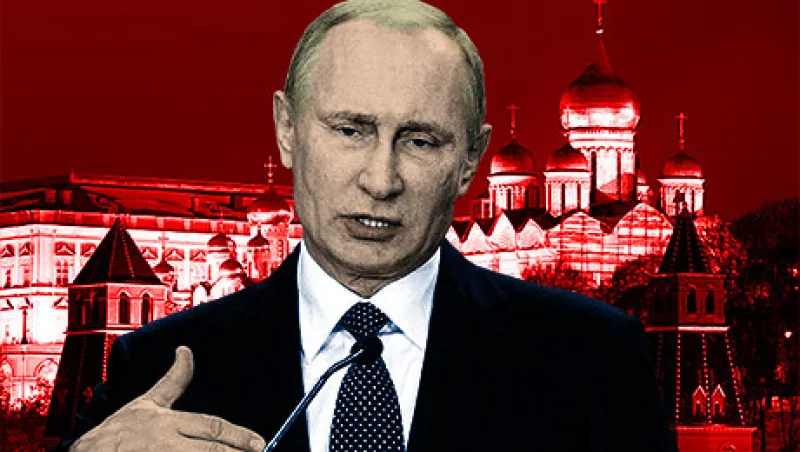
Russian Hedge Funds Come In From The Cold
With all eyes on Russia, one fact has gone overlooked: the country's economy has been steadily improving, and some hedge funds are benefiting.
Imogen Rose-Smith
February 27, 2017


